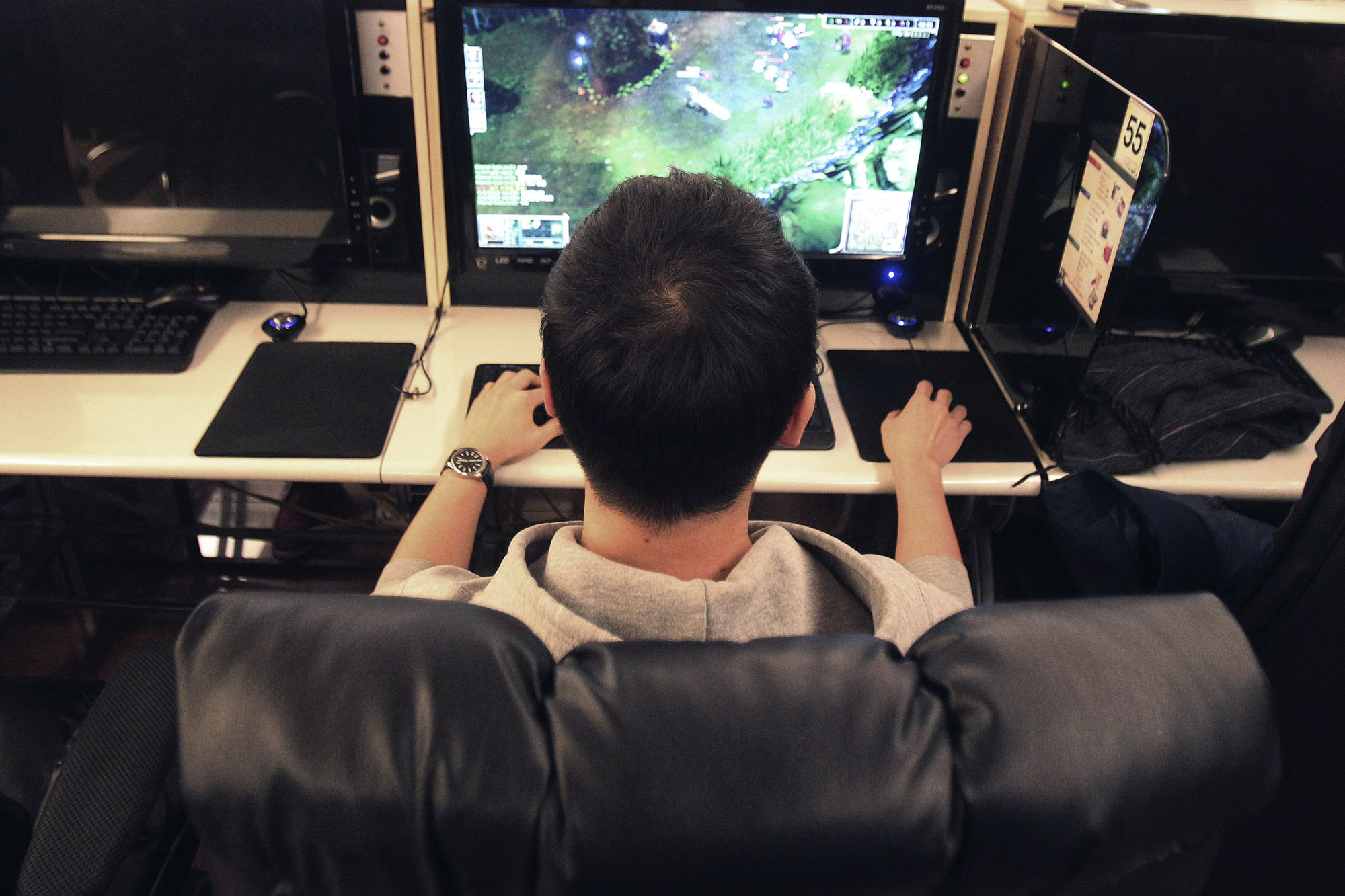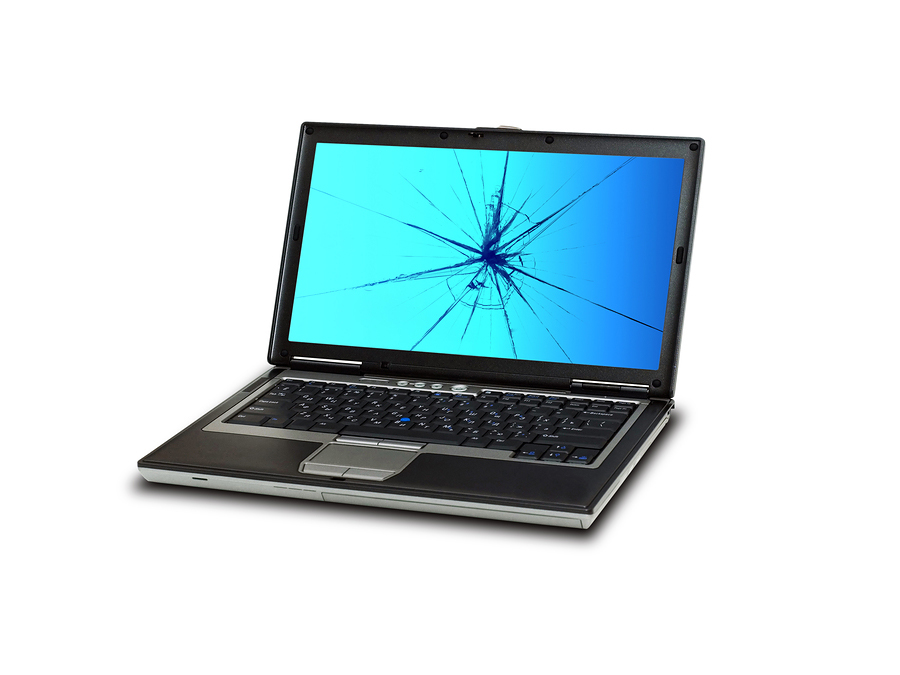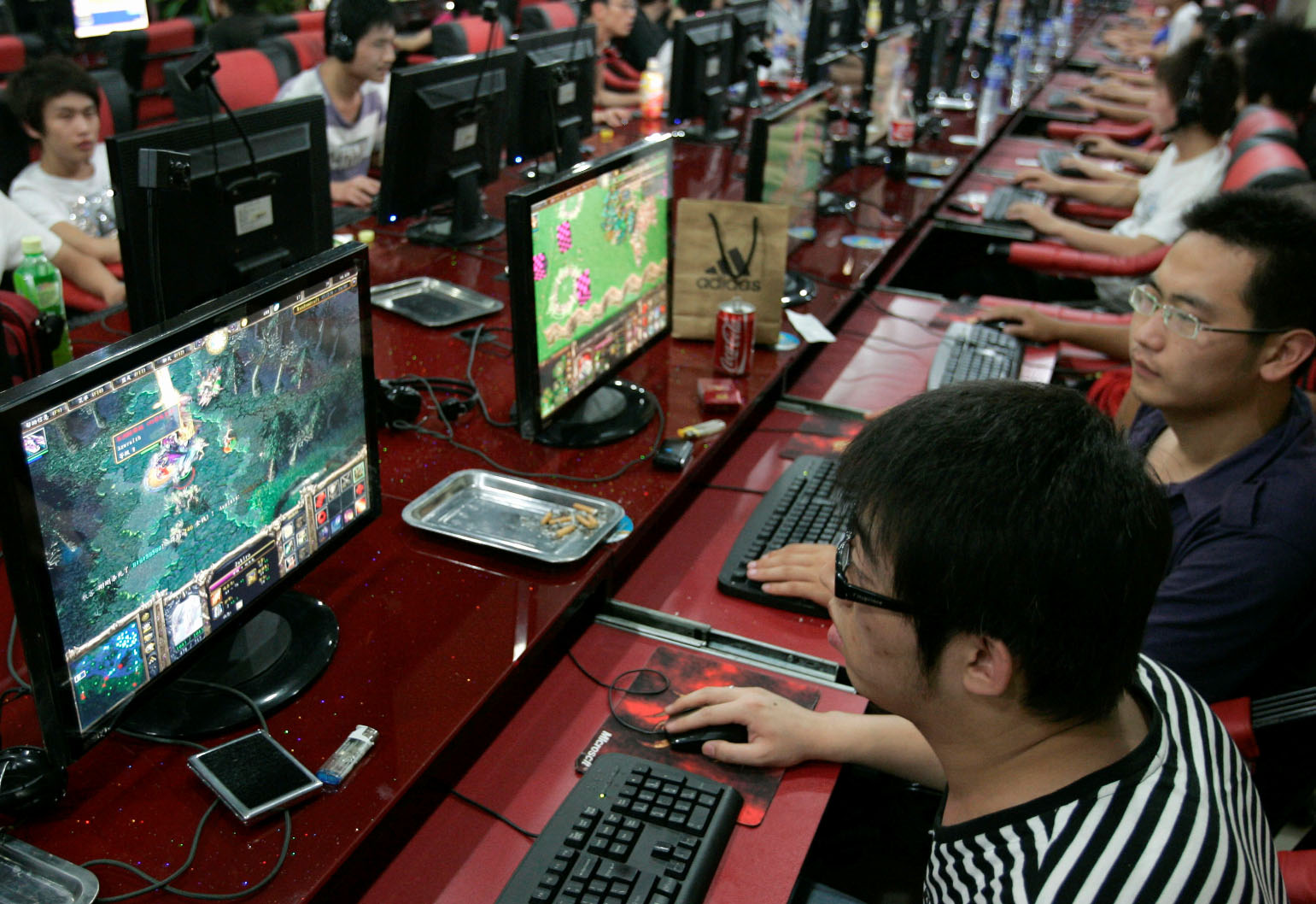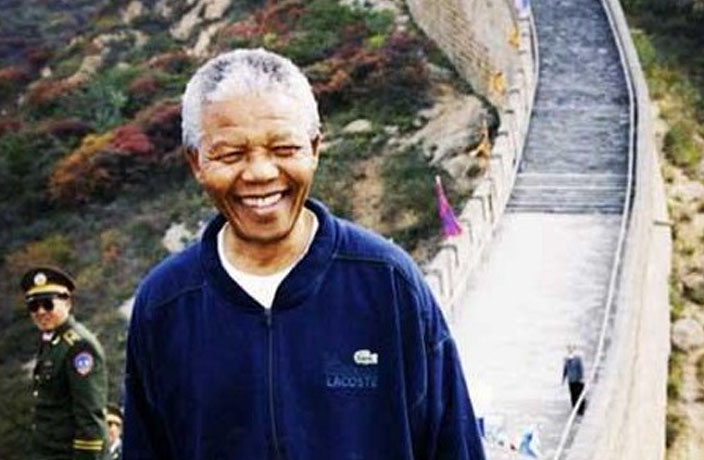Throwback Thursday is when we trawl through the That's archives for a work of dazzling genius written at some point in our past. We then republish it. On a Thursday.
By Erik Crouch
“After rehabilitation, Internet addicted teenager admitted to Shanghai Jiao Tong University,” boasts a banner atop one website, featuring a cheery photo of the recently-matriculated standing in a field. “Many children develop Internet addiction during holiday periods,” warns a similar site. “Addicted youth mends his ways, successfully passes the Gaokao.” Each page offers a hotline for worried parents to call and inquire about their child’s gaming habits and promises to be, essentially, AA for nerds.
For many Chinese parents, Internet addiction (also known as gaming addiction) is a kind of worst-case-scenario. Their only child, typically of high school age, stops caring about grades and focuses instead on the mythical beasts of World of Warcraft. Horrifying media reports circulate of children stealing thousands of RMB in cash from their parents to spend in internet cafes. Of teens dying in crowded gaming centers and going unnoticed for hours. Of perfect students dropping their studies to binge on Counterstrike.
“From the parents’ perspective, both the child's and the whole family’s future is at stake,” Trent Bax, a lecturer at EwhaWomans University in Seoul and author of Youth and Internet Addiction in China says, “They are fearful that the more time their son or daughter devotes to internet use over school work, the more likely it is the child is going to become a 'failure' - that is, unable to make it to university and thus become unsaleable on the hyper-competitive labor market.”
As early as 10 years ago, facilities began cropping up throughout the country promising to help net-addled teens go cold turkey. The medical foundation of many facilities was a bit vague; China officially designated Internet addiction as a clinical disorder in 2008, but the principle international standard (the Diagnostic and Statistical Manual of Mental Disorders, known as the DSM-5) does not include it. Nevertheless, worried parents came in droves to rehab centers, which now number in the hundreds.

The internet-rehab market has been receiving a lot of press, but not all of it positive. Reports circulate of frequent corporal punishment at Internet ‘boot camps,’ as they’re often referred to. In 2009, the Ministry of Health had to intervene and ban the use of electro-shock therapy for internet addiction, and centers throughout the country utilize military-style discipline, replete with formation marches and mandatory full-camo garb. This past June, a 19-year-old girl was beaten to death in an internet rehab camp after failing to ask permission to go to the bathroom.
“Why would [parents] willingly, and usually by deceit and sometimes by force, send their only child, whom they love very much, to be subjected to violence, punishment and even torture?” Bax asks rhetorically. “With the stakes so high, many parents say they are ‘willing to do whatever it takes,’ including paying exorbitant fees to people like Tao Ran, to get their child out of the internet bar and back in the classroom.”
Tao Ran is a controversial but undeniably important figure in China’s internet-addiction scene. A People’s Liberation Army colonel, Professor Tao runs the country’s oldest rehabilitation center, founded in 2004, out of a military complex near Beijing. Tao’s facility has seen more than 5,000 teens pass through its gates in the last decade.
 Photos and video from his facility feature teens, mostly boys, donned in camouflage and performing coordinated marching drills. Tao relies on strict discipline and psychological counseling, coupled with pharmacology (oftentimes anti-depressants and anti-anxiety meds) to wean ‘patients’ from the internet.
Photos and video from his facility feature teens, mostly boys, donned in camouflage and performing coordinated marching drills. Tao relies on strict discipline and psychological counseling, coupled with pharmacology (oftentimes anti-depressants and anti-anxiety meds) to wean ‘patients’ from the internet.
“As outsiders, we could not possibly understand their behavior or thoughts,” Tao tells us in a phone interview. “One kid locked himself away for three years. His hair had grown to be a meter long, as he never moved away from the computer.” Tao has dubbed the internet “electronic heroin,” and places the number of addicts in China at around 24 million, primarily between 12 and 18 years old.
“Our kids [in China] are growing up in a very stressful environment, where their personal values are rated with grades, scores and rankings,” Tao says. “It is easy to feel inferior to others. They prefer to rely on the internet, where they can shut themselves out of the real world and immerse themselves in the cyber one.”
There is dispute about whether Internet addiction is a disorder in and of itself, or whether it is a symptom of greater social forces, particularly the academic and social stresses weighing on China’s teens. International standards currently feature “gambling” as the only clinical addiction outside of substance-abuse, although Internet addiction was added to the DSM-5’s appendix as a potential condition to merit further research.
 A lack of international support hasn’t stopped Chinese authorities from labeling Internet addiction a “Public Health Hazard.” In May, market research firms Giant Interactive and Eguan released a study claiming that 100 million Chinese teens experience forms of brain damage from excessive video game use.
A lack of international support hasn’t stopped Chinese authorities from labeling Internet addiction a “Public Health Hazard.” In May, market research firms Giant Interactive and Eguan released a study claiming that 100 million Chinese teens experience forms of brain damage from excessive video game use.
Authorities have encouraged game developers to program safe-guards against addiction that, for example, make players lose points if they play more than a certain number of hours. Every few weeks a new headline breaks, and parents scramble to sign up their children for programs like Professor Tao’s.
Mom and Dad may be on the verge of panic, but after spending some time in Shanghai’s internet cafes, the teens we observed don’t look too concerned. Dozens of headphone-decked high-schoolers sit at long tables with enough screens to make a NASA engineer blush.
They swipe. They click. They type. They occasionally take a sip of bubble tea or water. What they don’t do is worry about their class rank or family pressures. They might be commanding a battle or fighting a giant digital minotaur, but that’s a lot more relaxing than studying for the Gaokao.
China Daily’s “How to Spot Internet Addiction” checklist:
1. Do you feel preoccupied with the internet?
2. Do you feel the need to use the internet for increasing amounts of time in order to achieve satisfaction?
3. Have you repeatedly made unsuccessful attempts to control, cut back or stop Internet use?
4. Do you feel restless, moody, depressed, or irritable when attempting to cut down or stop Internet use?
5. Do you stay online longer than intended?
6. Have you jeopardized or risked the loss of a significant relationship, job, educational or career opportunity because of the Internet?
7. Have you lied to family members, a therapist or others to conceal the extent of your involvement with the Internet?
8. Do you use the Internet as a way of escaping from problems or of relieving a distressed mood (e.g. feelings of helplessness, guilt, anxiety, and depression)?
Participants answering “Yes” to questions 1 to 5 and at least one other question are classed as suffering from Internet Addiction Disorder.
Source: China Daily
This article first appeared in the August 2014 issue of That's Shanghai. To see more Throwback Thursday posts, click here.






















0 User Comments